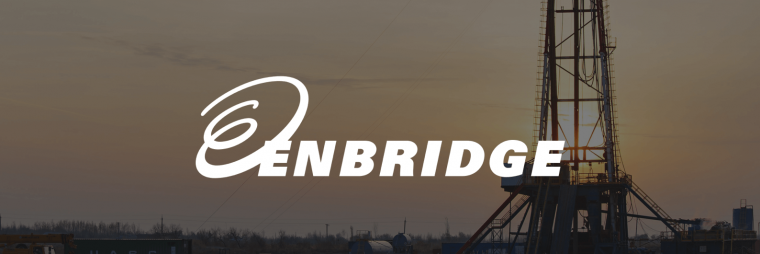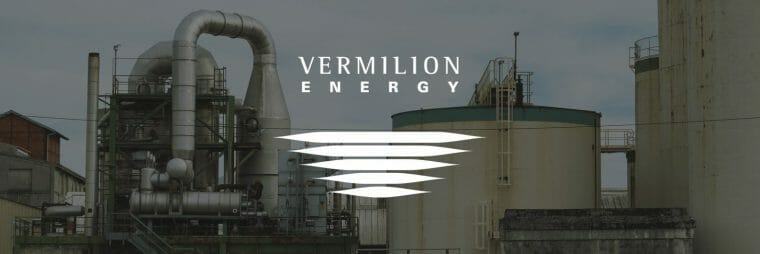Dividend stocks: Flying high, but risky?

With interest rates slipping and expected to remain low, investors are scouring the traditional bond proxies for yield: utilities, telcos and REITs. Feel free to research names like Algonquin Energy, BCE and CAR.UN-T on Stockchcase, but this story focuses on stocks and ETFs paying above 4% dividend yields and asks how safe those divvies are in today’s uncertain market.
13.34% dividend yield
Investors here and abroad treat our oil stocks like a radioactive waste dump on fire, because Canada hasn’t built a pipeline lately. However, this could be changing with the National Energy Board recently greenlighting the beleagured TransMountain expansion in B.C. Also, nothing stays the same in the markets. Some analysts like Alex Ruus are buying beaten-up oil stocks, like VET-T, as they hit 52-week and all-time lows. He expects the oil sector to turn around and wants to capitalize on that. Yes, that 13.34% above is correct as of this writing, and, yes, Ruus believes that the dividend is safe. He’s defying the rule of thumb that says that any dividend that high is unsustainable. In contrast, Andrew Pink has sold off most of his energy stocks and now holds less than 4% in his portfolios–and he’s avoiding VET-T, expecting its dividend to be cut. VET carries too much debt for his tastes, and it needs a US-China trade deal to lift the stock price which is now trading at an all-time low below $15. Josef Schachter sides with Ruus. He notes that the dividend rose to a nosebleeding 20% a decade ago. He likes management and the balance sheet and has a personal price target of $36, even higher than the consensus of $32.40. So, is the dividend safe? You choose.
7.84% dividend yield
If you’re bullish on oil, but squeamish about Vermilion, then consider this mid-sized oil producer. The street is more confident and less divided over its prospects than with VET-T, and almost all analysts believe Whitecap’s near-8% yield is sustainable. It’s doing all the right things, like cutting its capex spending 17% for the rest of this year due to global uncertainty. This move impresses folks like portfolio manager, Andrew Pink, who has reduced his oil holdings to less than 4%, but is holding onto his WCP-T. He praises it for its solid balance sheet of 1.4x debt to EBITDA. Josef Schachter also feels that the dividend and the stock are safe and advises picking it up below $4. Before Labour Day, WCP closed at $3.67, but has since risen to $4.28. (Disclosure: I own this stock.)

Enbridge (ENB-T)
6.47% dividend yield
Pipelines are also singing the blues. Every Canadian investor knows the saga of delays and court injunctions in this space, including Enbridge’s line 3 through Minnesota, now pushed back a full year to late-2020, and its line 5. So, why consider this stock, which has plunged from its 52-week high of $51.22 to its current $45.73 in just three months? Colin Stewart, in fact, thinks now is the time to pick up; it’s well-run and defensive. Brian Madden and Norman Levine are confident that the dark clouds will pass and Enbridge’s share price will recover. After all, explains Robert Lauzon, oil remains a needed commodity and Enbridge already has a network of pipe in the ground (since building new pipelines are difficult). Essentially, Enbridge’s pipelines are full. The market is debating whether the share price will rise much in the near future, but many agree the dividend is safe.

BMO US High Dividend Covered Call ETF (ZWH-T)
5.79% dividend yield
If fossil fuels violeate your principles or you want to play the U.S., then consider ZWH-T. Larry Berman recommends it for defensive investors and seniors who rely on high dividends to live. ZWH is less volatile than the overall market, not tumbling much when the market slides, though not rising so much either when the market rallies. For the past year, ZWH has been trading between $18.50 and $21.83 with AT&T and IBM as its top holdings. John DeGoey warns against holding ZWH in a TFSA, because you’ll pay a withholding tax. He adds, however, that covered calls work well in the current market, because the calls generate income when stocks stay flat or decline. In other words, ZWH is safe and it pays.
6.43% dividend yield
Air Canada’s deal last January sent Chorus’ stock soaring (sorry) from $5.55 to $7.24, topping $8 in July. The deal extends their current agreement–of Chorus leasing planes to Air Canada (for its Jazz line)–to 2035. This amounts to $940 million in leasing and fixed fees flowing from the national carrier to Chorus, and swells the overall contract to $2.5 billion. Jamie Murray is confident that the 6.43% dividend is safe, if a recession hits; James Hodgins explains that Chorus’ payout ratio is well over 50%. And no, the Westjet deal won’t effect the Chorus deal, says Lyle Stein. Chorus slipped to $7.42 before Labour Day, because the market anticipates the company will tap the equity markets to expand, but Andrew Pink still likes its outlook.







